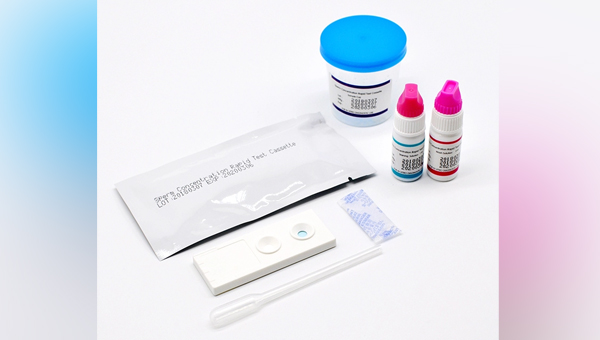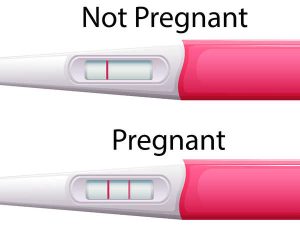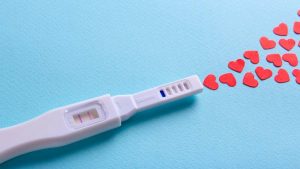Male infertility is a common problem that affects millions of couples worldwide. According to the World Health Organization, about 15% of couples are unable to conceive after one year of trying, and male factors are responsible for up to 50% of these cases. Male infertility can be caused by various factors, such as genetic abnormalities, hormonal imbalances, infections, environmental toxins, lifestyle habits, and anatomical problems.
One of the most important parameters to assess male fertility is sperm concentration, which refers to the number of sperm per milliliter of semen. A normal sperm concentration is considered to be at least 15 million sperm per milliliter, according to the WHO criteria. A low sperm concentration, also known as oligospermia, can reduce the chances of fertilizing an egg and achieving a pregnancy.
Traditionally, sperm concentration is measured by a laboratory test called semen analysis, which involves collecting a semen sample and examining it under a microscope. This test can provide accurate and detailed information about various aspects of sperm quality, such as motility, morphology, and vitality. However, semen analysis also has some drawbacks, such as:
– It can be expensive, ranging from $50 to $200 per test in the US.
– It can be inconvenient, requiring a visit to a clinic or a laboratory and abstaining from ejaculation for two to five days before the test.
– It can be embarrassing, involving the collection of a semen sample in a sterile container in a private room.
– It can be stressful, causing anxiety and performance pressure that may affect the quality of the sample.
– It can be inconsistent, varying depending on the time of day, frequency of ejaculation, diet, medication use, and other factors.
To overcome these limitations, some companies have developed home sperm concentration test kits that allow men to measure their sperm count in the privacy and comfort of their own homes. These kits are designed to be simple, fast, and affordable. They typically consist of:
– A disposable device that contains a chemical reagent that reacts with the sperm in the semen sample and changes color according to the sperm concentration level.
– A color chart that shows the range of possible results and their corresponding sperm concentration values.
– An instruction manual that explains how to use the device and interpret the results.
To use a home sperm concentration test kit, a man needs to collect a semen sample in a provided container after two to seven days of abstinence from ejaculation. Then he needs to shake the container well and transfer a few drops of the sample into the device. After waiting for about 10 minutes, he can compare the color of the device with the color chart and read his result. The result can indicate whether his sperm concentration is normal (above 15 million per milliliter), low (between 5 and 15 million per milliliter), or very low (below 5 million per milliliter).
Home sperm concentration test kits have several advantages over laboratory semen analysis, such as:
– They are cheaper, costing around $20 to $40 per kit.
– They are convenient, allowing men to test their sperm count at any time and place they prefer.
– They are discreet, avoiding the need to disclose their fertility issues to anyone else.
– They are empowering, giving men more control and awareness over their reproductive health.
However, home sperm concentration test kits also have some limitations that should be taken into account before using them. For example:
– They are not as accurate or comprehensive as laboratory semen analysis. They only measure one aspect of sperm quality (concentration) and do not provide information about other important factors (motility, morphology, vitality). They may also give false-positive or false-negative results due to human error or device malfunction.
– They are not diagnostic or conclusive. They cannot identify the cause of low sperm count or rule out other causes of male infertility. They should not be used as a substitute for professional medical advice or treatment. They should only be used as a screening tool or an indicator of whether further testing or consultation is needed.
– They are not predictive or definitive. They cannot guarantee or determine the likelihood of achieving a pregnancy or having a healthy baby. They should not be used as a basis for making decisions about family planning or fertility treatments. They should only be used as a reference point or an aid for understanding one’s fertility potential.
In conclusion, home sperm concentration test kits are a cost-effective solution to male infertility that can offer men an easy and convenient way to check their sperm count at home. However, they should not be considered as a replacement for laboratory semen analysis or medical consultation. They should only be used as an initial step or an adjunct tool in the evaluation and management of male fertility issues.





